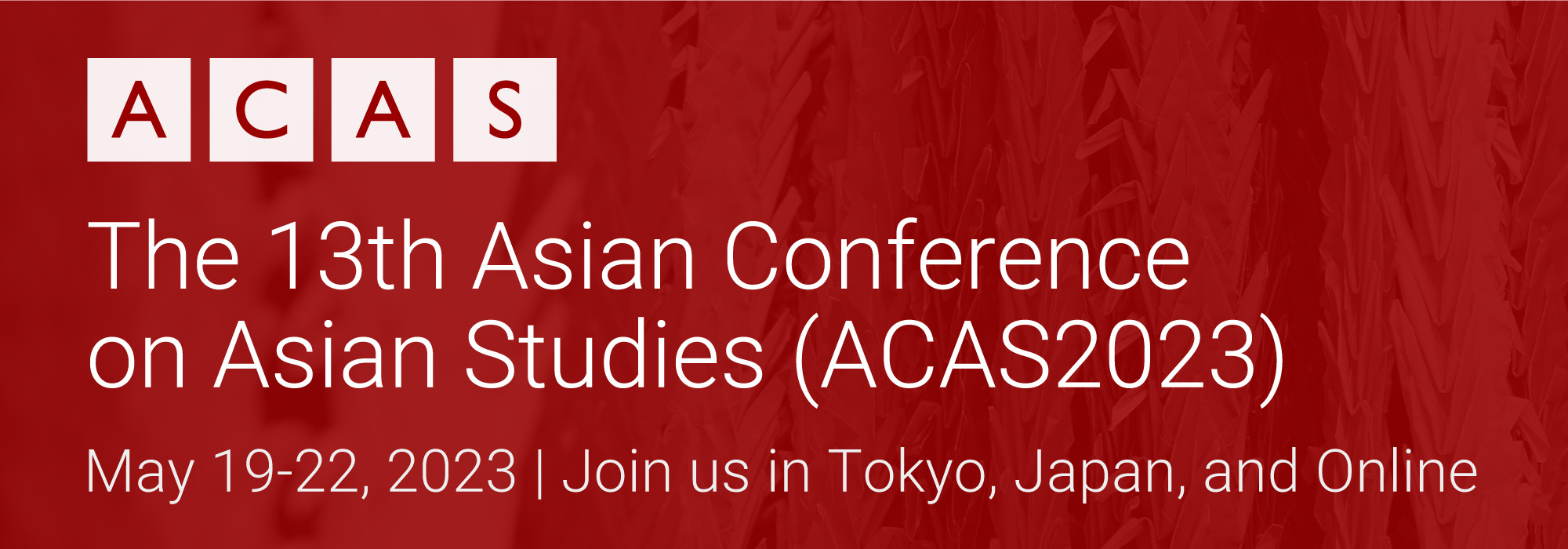“From a certain point onward, there is no longer any turning back.”
― Franz Kafka
Much as I would like to believe that there is a future or futures that are reclaimable; that social and political balance, compassion, love, peace, together with a long list of other hopes, will be restored and a better world/planet emerge, I sincerely believe that we are reaching Kafka´s path of no “turning back”. We are at that “certain point onward”, the Anthropocene, which is affecting not just the planet but every aspect of human life and from which there seems to be no return. A long and painful downhill ride lies ahead of us. When climate and social change manifest their destructive power, will the wealthiest and most powerful individuals and countries be able to break the ancestral chain of their oppression of the other?
As educators in the humanities, are we able to swing any change in our current systems and the prospect ahead of us? The Call for Papers for this conference has a utopian tone to it, offering hope in humanity’s ability to regenerate into the positive. I do not believe we can do much in the current avalanche to the extreme right/left wing, to the rise in racism, homophobia, entrenched fear of the other and the list goes on. If, in a class of fifty of whatever political and social standing, I could swing two students into a conscious awareness and proactive mindset regarding what is happening to the world and the future, I would call it a sign of hope.
History repeats itself, so is it feasible for us to believe that we and future generations will be able to avoid the mistakes made in the past and the mistakes we are making now? As history rewrites itself, each period provides its own new horrors. “…isms” are proliferating at an ever increasing speed but there are two disturbing “..isms” that were not nearly so prevalent in the past as they have become in very recent decades; I-ism and ageism. The former, describes a society where the self, ego, the “I” stand at the centre of individual perception of the world. The latter ageism, although not a recent phenomenon, has gained footage and visibility over the last few decades.
In this paper, I want to draw attention to the insidiousness of ageism on the one hand and the irretrievable future that confronts the over 65s and groups within the euphemistically named “golden generations”. Society today, for the bulk of the elderly and ageing is indeed bleak and they will be one of the first to suffer in the anthropogenic breakdown of our societies.

